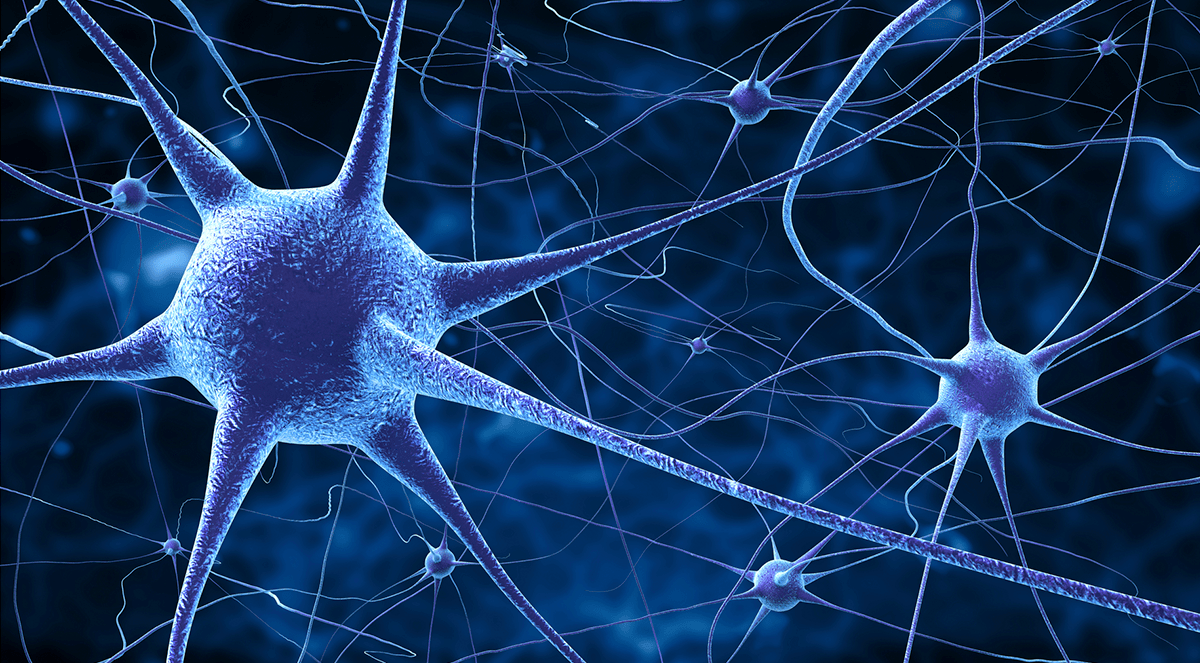Research into the epigenome is of growing importance as a loss of epigenetic control has been implicated in the development of neurodegenerative diseases. Previous studies have implicated aberrant DNA and histone methylation in multiple sclerosis (MS) disease pathogenesis. We have previously reported that the methyl donor betaine is depleted in MS and is linked to changes in histone H3 trimethylation (H3K4me3) in neurons. We have also shown that betaine increases histone methyltransferase activity by activating chromatin bound betaine homocysteine S-methyltransferase (BHMT). Here, we investigated the role of the BHMT-betaine methylation pathway in oligodendrocytes. Immunocytochemistry in the human MO3.13 cell line, primary rat oligodendrocytes, and tissue from MS postmortem brain confirmed the presence of the BHMT enzyme in the nucleus in oligodendrocytes. BHMT expression is increased 2-fold following oxidative insult, and qRT-PCR demonstrated that betaine can promote an increase in expression of oligodendrocyte maturation genes SOX10 and NKX-2.2 under oxidative conditions. Chromatin fractionation provided evidence of a direct interaction of BHMT on chromatin and co-IP analysis indicates an interaction between BHMT and DNMT3a. Our data show that both histone and DNA methyltransferase activity are increased following betaine administration. Betaine effects were shown to be dependent on BHMT expression following siRNA knockdown of BHMT. This is the first report of BHMT expression in oligodendrocytes and suggests that betaine acts through BHMT to modulate histone and DNA methyltransferase activity on chromatin. These data suggest that methyl donor availability can impact epigenetic changes and maturation in oligodendrocytes.
The BHMT-betaine methylation pathway epigenetically modulates oligodendrocyte maturation.


